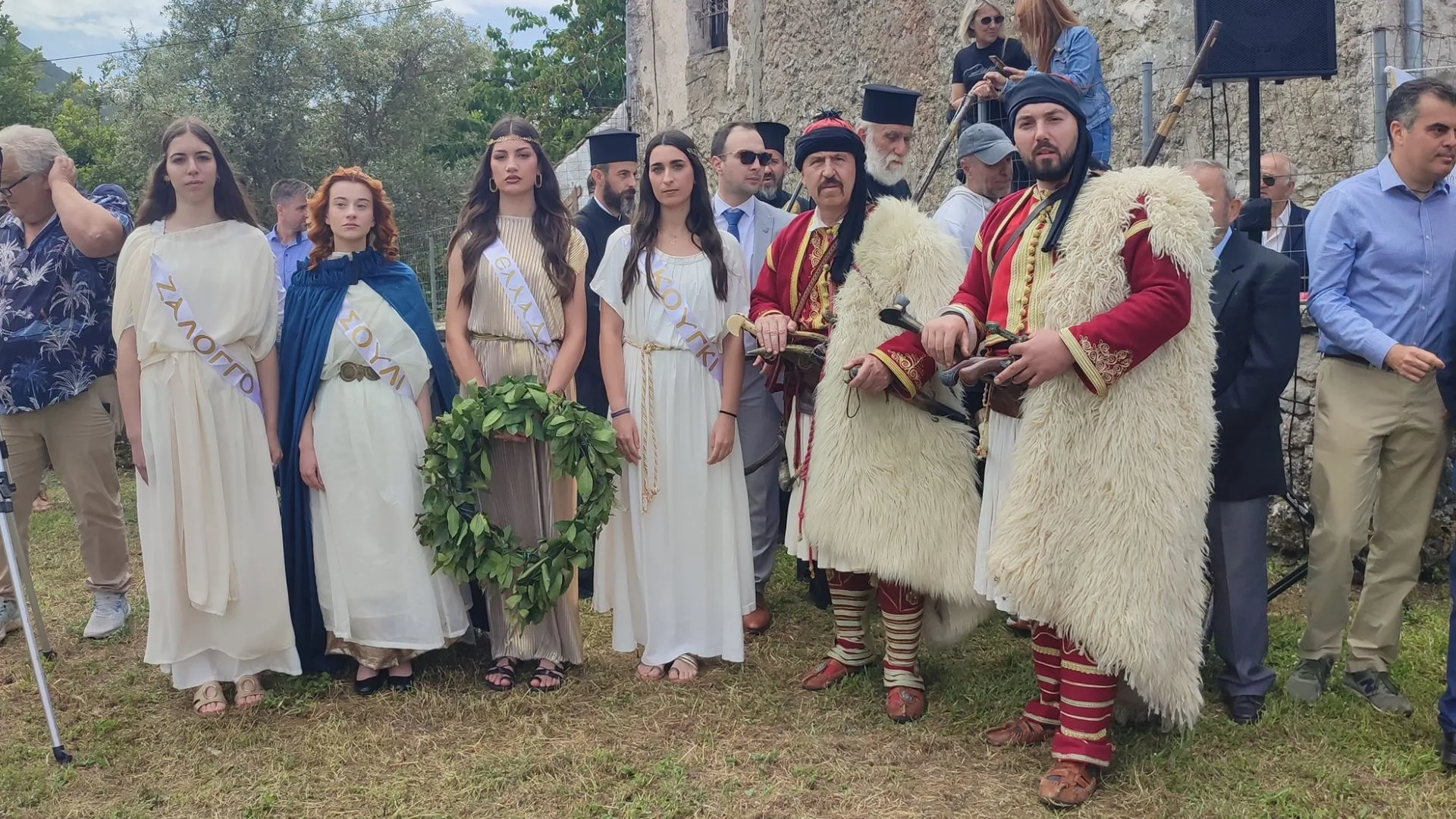By Varvara Athanasiou-Ioannou AM
This past weekend, I undertook a deeply emotional journey to Souli, the land of my ancestors, to pay homage to their enduring spirit and sacrifice. Nestled in the rugged mountains of Epirus, Souli is more than just a historical site—it is a symbol of resilience, bravery, and the unyielding fight for freedom.
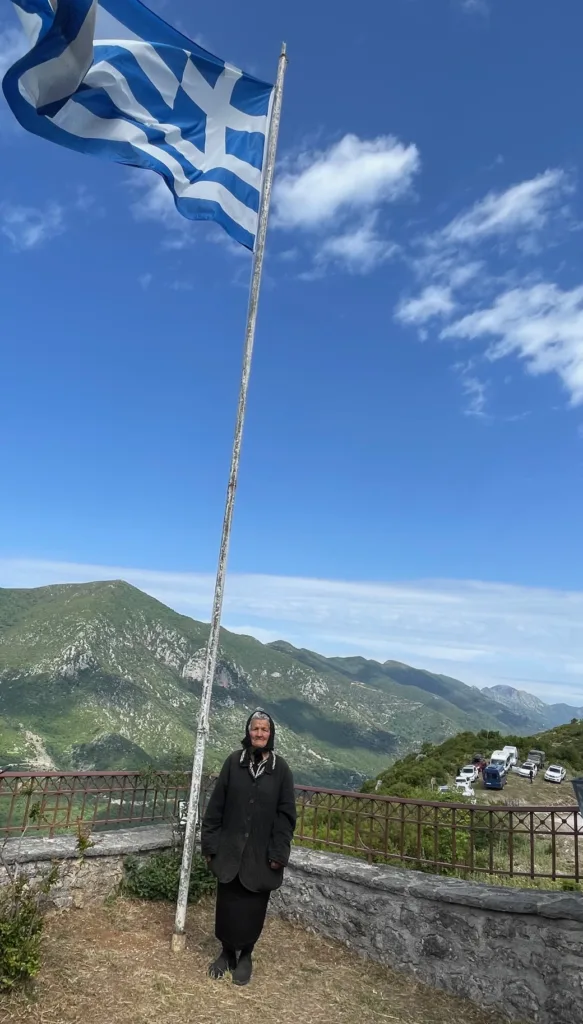
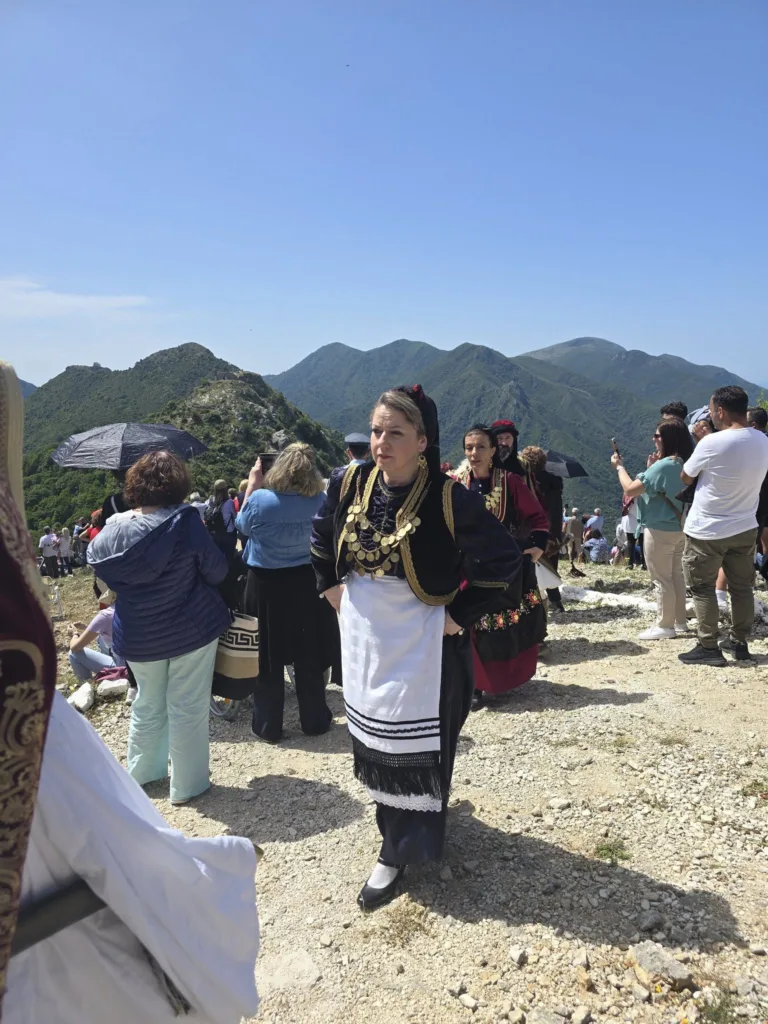
The Souliotes were among the first to rise in defiance against Ottoman rule, with their most notorious adversary being Ali Pasha of Ioannina. Though vastly outnumbered and facing immense hardship, they became legendary for their fierce resistance and unbreakable spirit. While their struggle ultimately ended in surrender, their legacy of heroism endures.
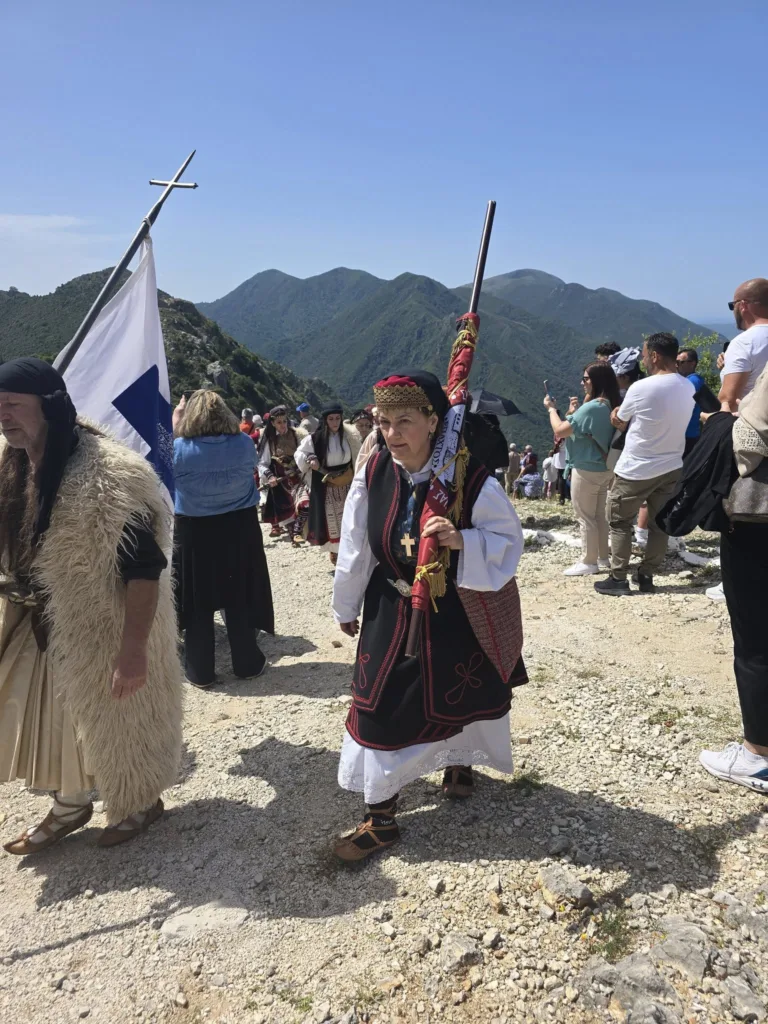
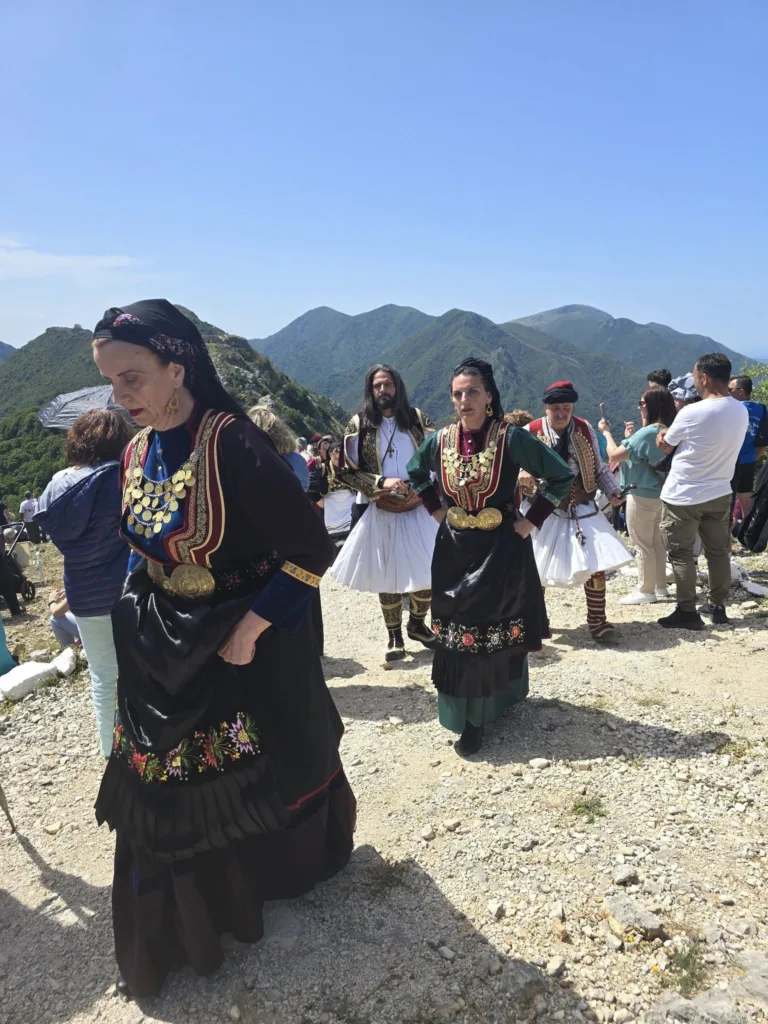
Names like Markos Botsaris, Kitsos Tzavelas, Moscho Tzavela, Despo Botsari and Father Samuel are etched in our collective memory. These figures were not just warriors but symbols of a nation’s yearning for liberty. Father Samuel’s legendary act of blowing up the Kougi Monastery in 1803 to prevent the Ottomans from capturing gunpowder stores has become a defining moment of self-sacrifice in Greek history.
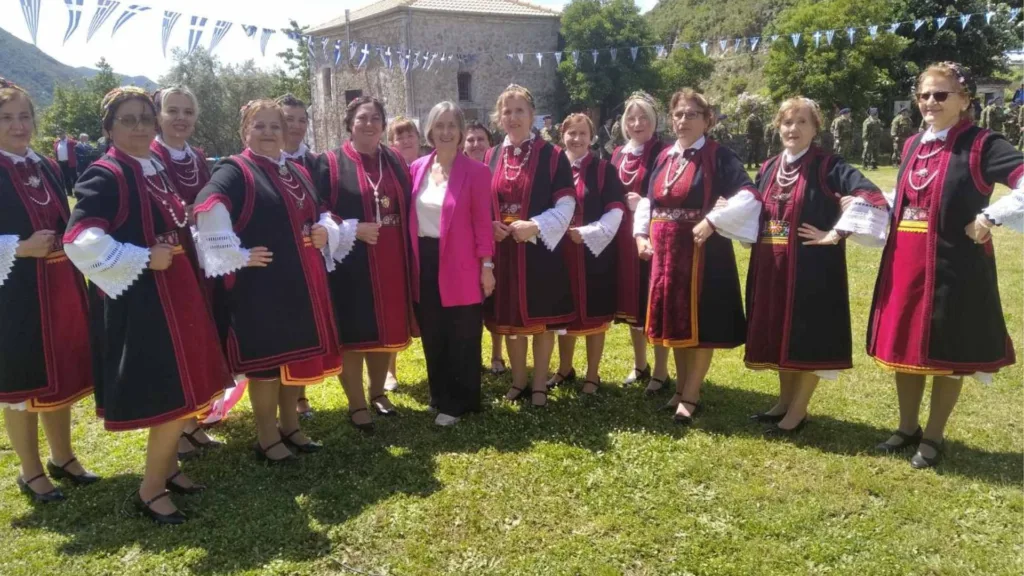
In the days following the Kougi explosion, a group of Souliote women and their children, fleeing Ottoman pursuit, found themselves trapped on Mount Zalongo. Rather than face capture and enslavement, approximately 60 women chose death. According to tradition, they sang and danced in a circle, throwing their children and then themselves off the cliff. This event, known as the Dance of Zalongo, became a powerful symbol of sacrifice and the desire for freedom.
Every year, on the last weekend of May, the people of Epirus and visitors from across the globe gather in Souli to commemorate these heroes. With reverence and pride, we witness historical reenactments at the Kougi site, hear traditional music echoing through the mountains, and watch dance performances that tell stories of courage and resistance.
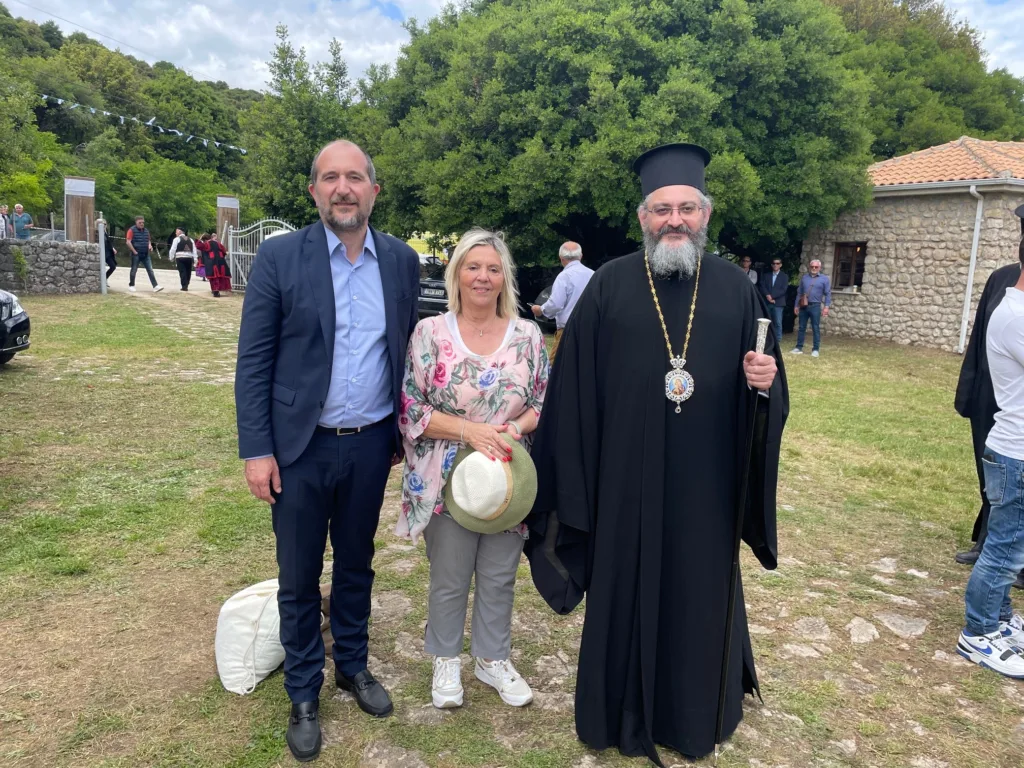
Standing at Kougi, where Father Samuel chose death over dishonour, I felt a powerful connection to my roots. The silence of the mountains seemed to whisper tales of valour and sacrifice. It was a reminder that freedom is never given—it is earned through blood, struggle, and an unwavering belief in justice.
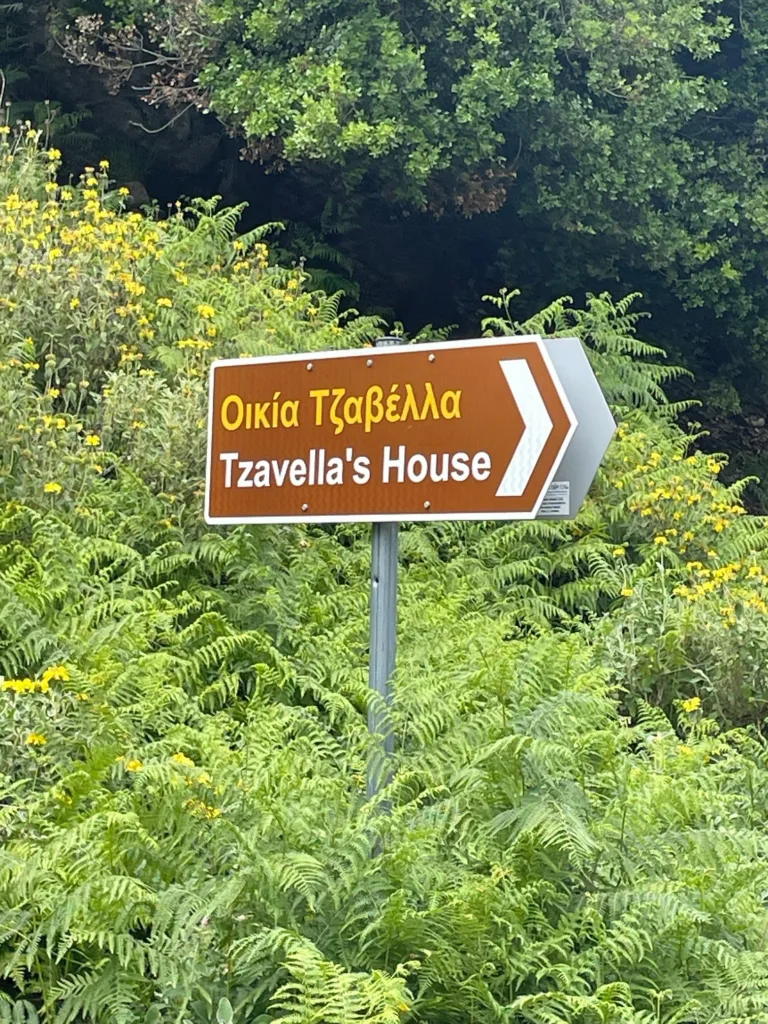
As Greeks in the diaspora, it is our duty to keep these stories alive—not only to honour the past but to inspire future generations. The spirit of Souli is not bound by geography or time. It lives in all of us who believe in the values of dignity, freedom, and resistance against tyranny.
